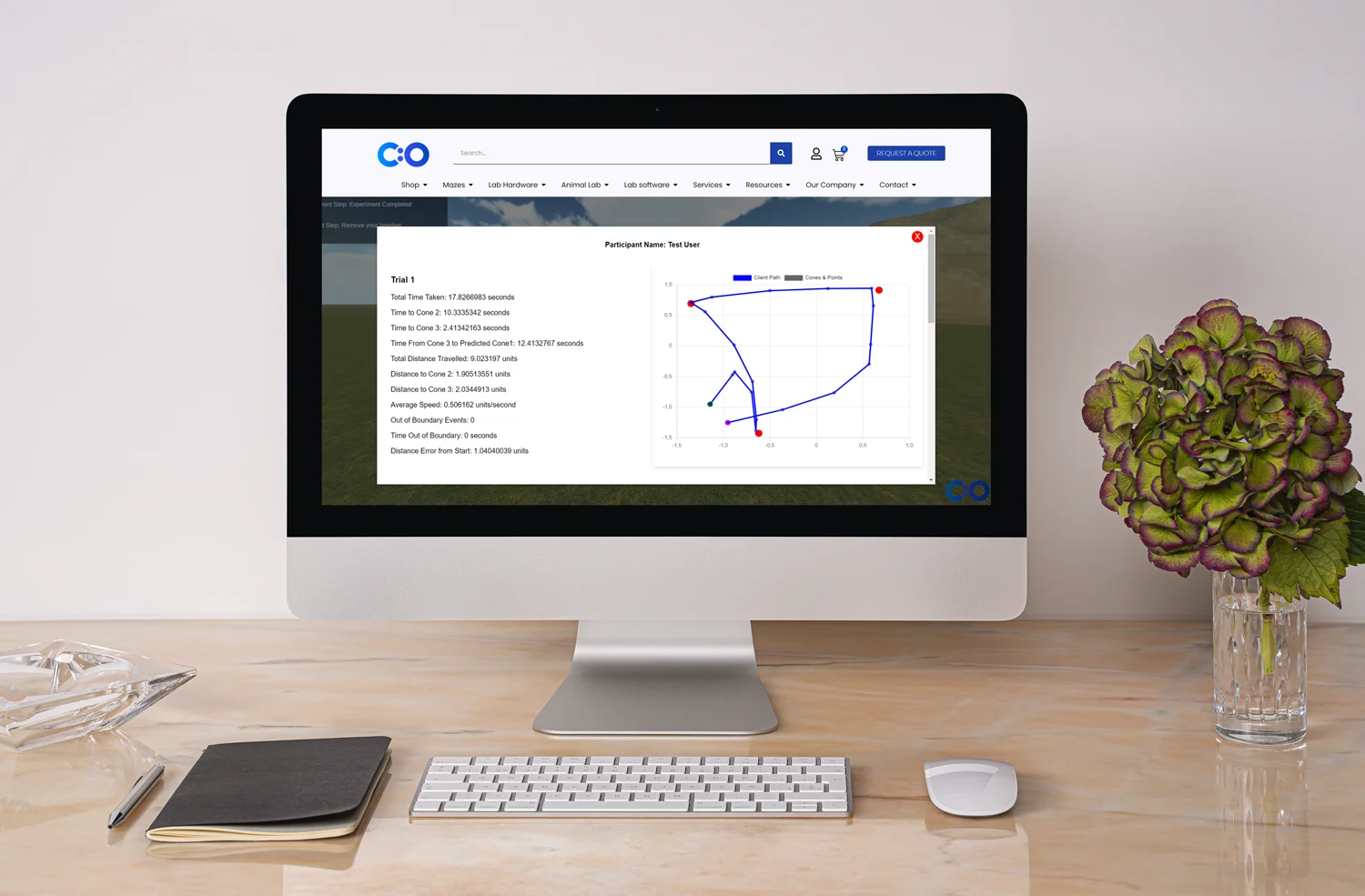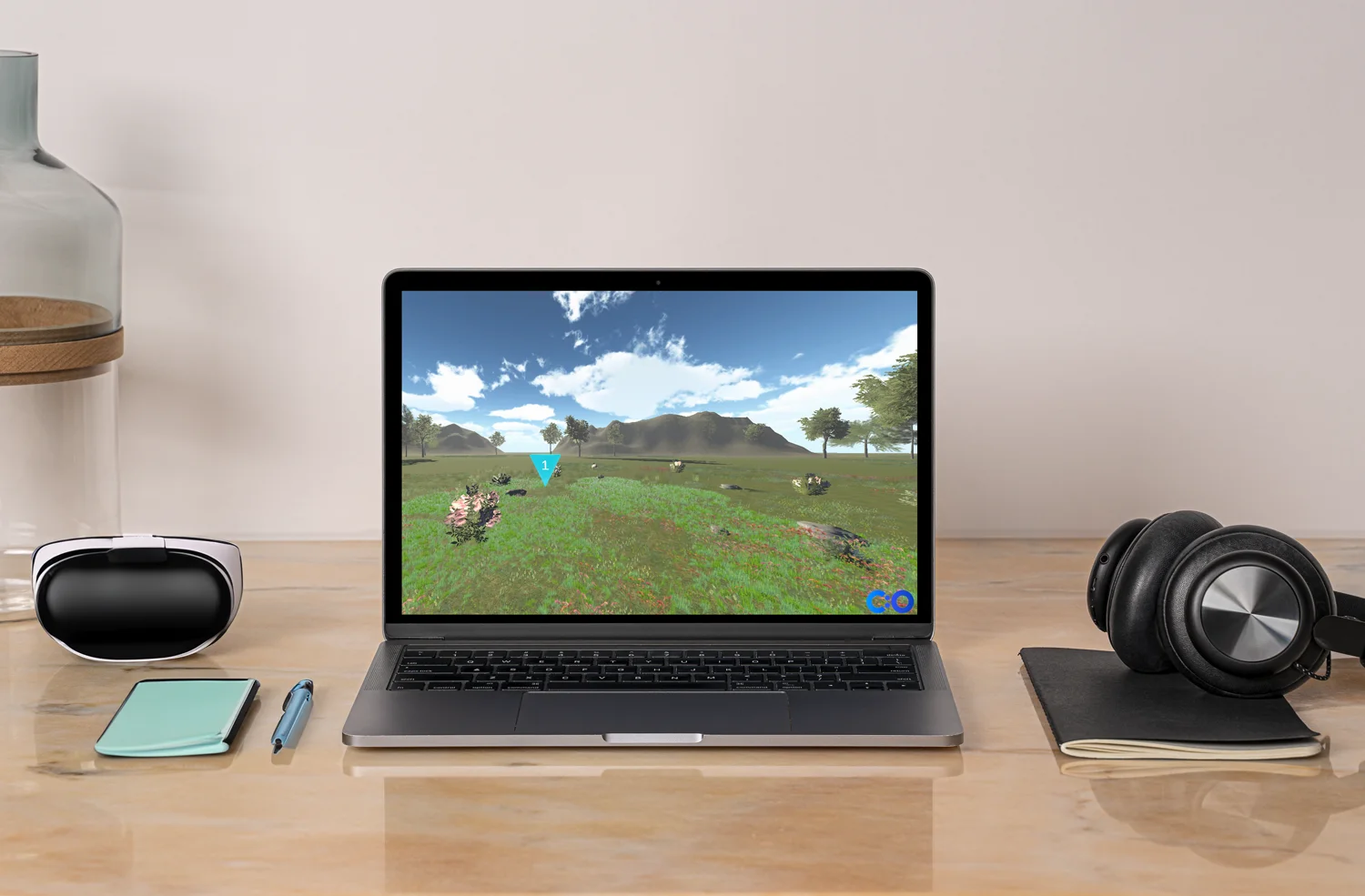

Before you start writing the grant application, it is important to understand the type of funding agencies such as National Institute of Health (NIH), National Science Foundation (NSF) and Centers for Disease Control and Prevention (CDC). Each funding agency has its own approach, goals, and priorities; it is important to understand their mission because funds are research-specific and what works for another researcher may not be the right fit for your project.
The NIH, for instance, has a mission to support exploratory and translational research encompassing health, medicine and other life sciences in order to find a cure, reduce disease burden and lengthen life.
Understanding the mission of funders will help you craft the most accurate and specific grant application. This knowledge allows drafting and viewing your work through the lens of the reviewers. It also increases your chances of securing the grant and furthering your research because most research institutions are financially stressed and incapable of giving your career the early thrust.
Gathering detailed information about the types of NIH grants is all the more important for an early-career investigator because NIH is the largest federal funding agency that dedicates millions of dollars to health research every year (Hendriks and Viergevercorresponding, 2016). It is the most sought funding agency in the United States (U.S.) because it:
However, the NIH award-success rate is low; which means your project and application have to excel in all aspects to seal the deal. Each year thousands of medical researchers drop their applications at NIH, but only a few succeed. In 2010, the NIH received 2097 new proposals, of which only 355 managed to receive funding. (McGovern, 2012)
Nonetheless, there are numerous grant opportunities at the NIH. It is tempting to chase the one that offers a large sum or has a convenient deadline but submitting the wrong application can be a lethal career mistake. This is called “over-reaching,” which is a career-kill. Overreaching comes across as foolish and dishonest to the reviewer.
As a researcher, you need to understand the types of NIH grants to know the category your project falls into. This article demystifies the types of NIH grants and ways to obtain them.
NIH is made up of 27 institutes and centers (ICs), of which 24 can award grants. Each year, the NIH announces grant proposals for new and seasoned investigators at more than 25,000 universities, medical schools and research centers all over the world. These include a gamut of multiple-sized awards; some small to encourage the novice investigators, others large to cover collaborative efforts. With advanced knowledge and a thorough search, you can identify the funding opportunity specific to your project.
The NIH has categorized grant types into series:
Each series, represented by activity codes, represents a theme. The activity codes differentiate between the grant types; for instance, R-series denotes the research project grant; K-series is intended for researchers yearning independent career. Both R- and K-grants support independent investigators.
Let us have a detailed look at each grant type.
Research Grants fund independent health investigators and professional institutes. The funds can be in the form of direct research cost, sponsors, salaries or equipment & supplies. R series is the largest category of NIH funding; it includes:
Career Development Awards (K series) support senior post-doctoral or faculty-level scientists. The purpose is to pave the way for scientists to conduct independent researches. The funds are exclusive for U.S. nationals and permanent residents. K series includes:
F awards are individual fellowship awards for undergraduate, graduate and postdoctoral scientists seeking institutional research training opportunities. F series includes:
T grants, or Training Grants, provide institutional support to groom predoctoral and postdoctoral research candidates. The purpose of these grants is to develop and enhance research at institutes. It provides an opportunity to trainees to join forces with the research team and gain experience and expertise before venturing into an independent career. Normally senior candidates at research institutes apply for these grants.
These are large, multi-project grants that include a spectrum of research activities such as collaborative efforts and multi-institutional research projects investigating disease entity or biomedical tools. Through P-grant series, the NIH ICs support broadly-based studies involving numerous independent investigators sharing a common research theme and working toward a well-defined goal. P grants, together with R series, are the most frequently used NIH awards.
P-series includes:
Resource grants provide research-related support to investigators or institutes. These are used frequently and include:
These are broad-reaching research grants that support different clinical and biomedical studies such as neuroscience research (Blueprint), stem cell information (Stem cells), social sciences (OppNet), and countermeasures against chemical threats (CounterACT), etc.
NIH has inactive grant programs that serve to provide information and background only. These include:
The funding schedule of all grants, including application due dates, project start, and end dates, and cycles, can be found here.











Dr Louise Corscadden acts as Conduct Science’s Director of Science and Development and Academic Technology Transfer. Her background is in genetics, microbiology, neuroscience, and climate chemistry.
